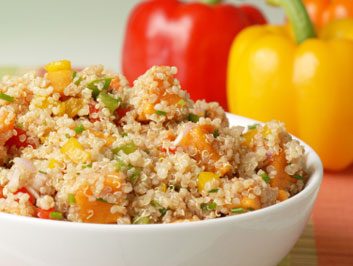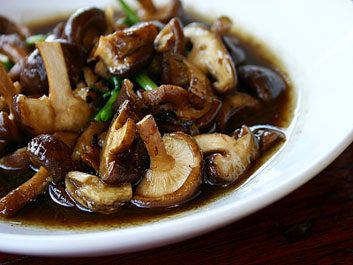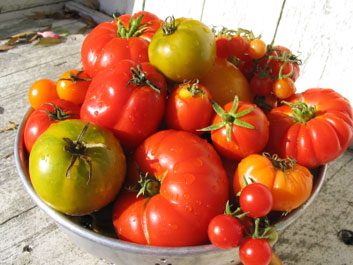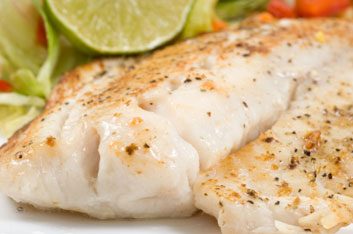
Back to basics
In modern times, we’ve developed a lot of foods that may taste good, but aren’t necessarily good for you. And North America’s obesity epidemic is evidence that a lot of the foods we’re eating are making us gain weight, too.
So what makes a healthy diet? Dr. Daphne Miller, author of The Jungle Effect, studied traditional diets from regions as varied as Iceland, Japan, Mexico and Crete to find out what makes them so different-and so healthy. Her findings? Traditional ways of eating work best to create healthy eating habits, help prevent many diseases now common due to the Western diet and positively affect emotional health.
Want to incorporate some of her learnings in your own eating habits? Here are five easy tips from The Jungle Effect to help you eat healthier and live better, today.

Go communal
Traditional cultures always eat together, Dr. Miller has found, which leads to people eating less while still feeling satiated. Dining with the family regularly or inviting friends over for a meal once a week will mean you eat smaller portions, avoid overeating and enjoy what you eat.

Choose slow-release food
The indigenous people of Copper Canyon, Mexico, have a diet high in slow-release carbohydrates, such as cracked wheat, rye, barley, quinoa, whole cooked legumes and steel-cut oats. Slowly absorbed by the digestive system, these nutrients prevent the overproduction of insulin and provide a good source of magnesium and fibre. Including these kinds of carbohydrates naturally reduces how much you’ll eat as they make you feel full longer. Try having oatmeal for breakfast or having quinoa instead of rice at dinner.

Eat more fungi
After studying Okinawans in Japan, Dr. Miller recognized the health benefits of mushrooms: a low-calorie vegetable loaded with minerals and believed to contain anti-cancer substances. Maike, reishi and shiitake mushrooms are currently being studied to see how extracts from them can be used to boost the effectiveness of chemotherapy and improve cancer survival. Eat your mushrooms in soups or stir-frys for a good source of iron, potassium, zinc, copper and folate.

Think like a Cretan
Residents of the Greek island of Crete generally follow these health eating rules that Dr. Miller calls “food synergy”:
• consuming seasonal vegetables
• choosing extra-virgin olive oil
• eating beans and lentils, and
• limiting red meat and cheese consumption and eating small portion sizes.
Consuming seasonal vegetables daily will increase your nutrient and fibre intake, and aid in weight loss.

Stay happy with fish
Dr. Miller found that Icelanders eat the highest amount of fish per capita in the world-225 pounds per person per year-and as a result benefit from a diet high in omega-3 fatty acids, along with one of the world’s lowest rates of depression. Recent studies have shown that one gram of EPA or EPA plus DHA (both types of omega-3 fats found in fish oil) per day will help those who suffer from depression as a complement to anti-depression medication. Eat fish once or twice a week to increase the omega-3s in your diet.
Related:
• Is Canada stuck on the road to obesity?
• 6 foods you thought were healthy but aren’t
• Is Canada’s Food Guide good for you?
